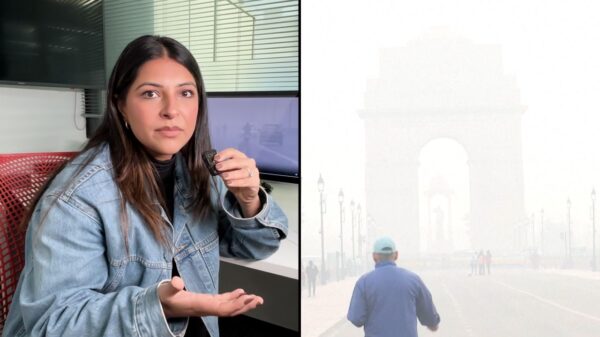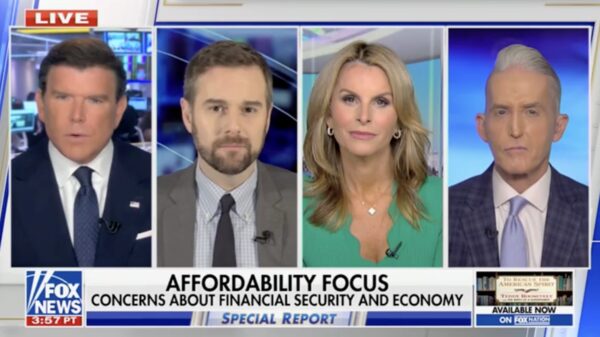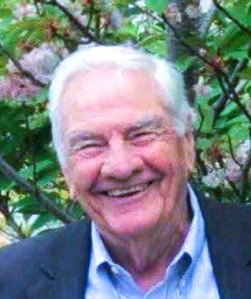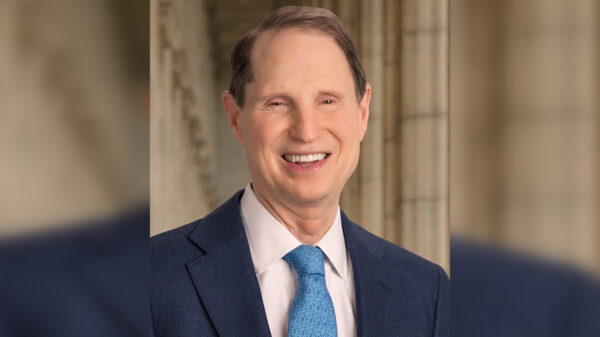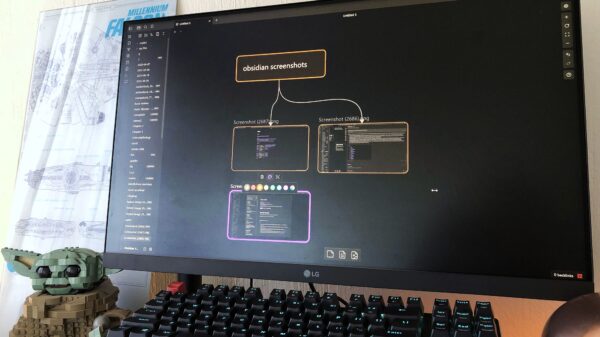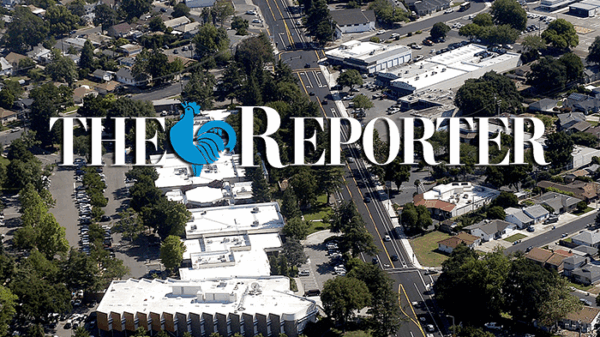Political polarization is becoming increasingly pronounced, with significant influence from elite groups, according to a recent study. Researchers have uncovered how these elites contribute to the deepening divides within societies, complicating efforts to achieve consensus. The findings shed light on the structural roots of polarization, particularly in the context of social media, which had remained largely unexplored until now.
Understanding Polarization and Its Impact
Polarization occurs when internal unity within specific groups strengthens while the divide between these groups widens. As this trend intensifies, the potential for conflict escalates, making it more challenging to reach compromises on crucial issues. The study highlights that political systems are particularly vulnerable to such polarization, which can lead to increased societal tensions.
Analyzing data from various social media platforms, researchers found that elite groups play a critical role in shaping narratives and influencing public opinion. These groups often amplify divisive content, fostering an environment where agreement becomes increasingly difficult. The study aims to provide a clearer understanding of the mechanisms that drive polarization, allowing for more effective countermeasures.
The Role of Social Media in Polarization
The research emphasizes the importance of social media as a platform where polarization is both fueled and expressed. By examining the interactions and engagement patterns of users, the study reveals how elite actors can dominate discussions and steer public sentiment. This influence extends beyond mere opinion shaping; it can also affect legislative processes and community dynamics.
In quantitative terms, the study indicates that engagement with polarizing content has surged by over 30% in the last five years, a trend that correlates with the increasing visibility of elite narratives. Researchers utilized advanced analytics to track how information spreads and which voices gain prominence in online conversations.
Understanding these dynamics is crucial for policymakers and civic leaders aiming to mitigate the adverse effects of polarization. By recognizing the role of elites and social media in perpetuating divides, strategies can be developed to foster dialogue and reduce tensions.
The findings of this research underscore the necessity for both individuals and organizations to critically assess the sources of information they engage with. As polarization continues to rise, the responsibility lies with society as a whole to seek out balanced perspectives and promote constructive discourse.
In conclusion, this comprehensive study not only highlights the substantial impact elites have on societal polarization but also calls for a collective effort to address these challenges. As both political and social landscapes evolve, understanding the roots of division will be essential to fostering unity and cooperation in the future.

